The Master of Arts in Counseling program is designed to equip students with the knowledge and skills required to excel in the field of counseling. By integrating cutting-edge social science insights alongside timeless Christian truths, this 47-credit-hour program provides a robust clinical and theological education. Students will be empowered to become ethical, competent, and compassionate counselors, well-prepared to serve diverse populations in Asia and beyond.
Degree Requirements:
- Evidence of commitment to Christ and moral character and conduct.
- Completion of 47 credit hours of work with at least a 2.7 grade point average. A maximum of 18 applicable hours taken from an accredited institution within the last 10 years may be transferred into the MAC degree program.
- Receive at least 20 hours of individual therapy and obtain a therapist endorsement score of at least 3.0 (see Policy on Student Participation in Personal Therapy for more information).
- Demonstrate clinical competency and personal maturity by passing regular performative evaluations throughout the program as assessed in the Student Competency Portfolio. To graduate, students must finish with an average cumulative competency score of at least 3.0 with no individual category scores of 1. Students who fail to obtain such scores, will be provided additional training(s) and an opportunity to reach a satisfactory score. Failure to meet these standards may result in withdrawal from the program.
- Completion of all degree requirements within five years.
This program is accredited through Cornerstone University, Grand Rapids, MI (USA).
Course List
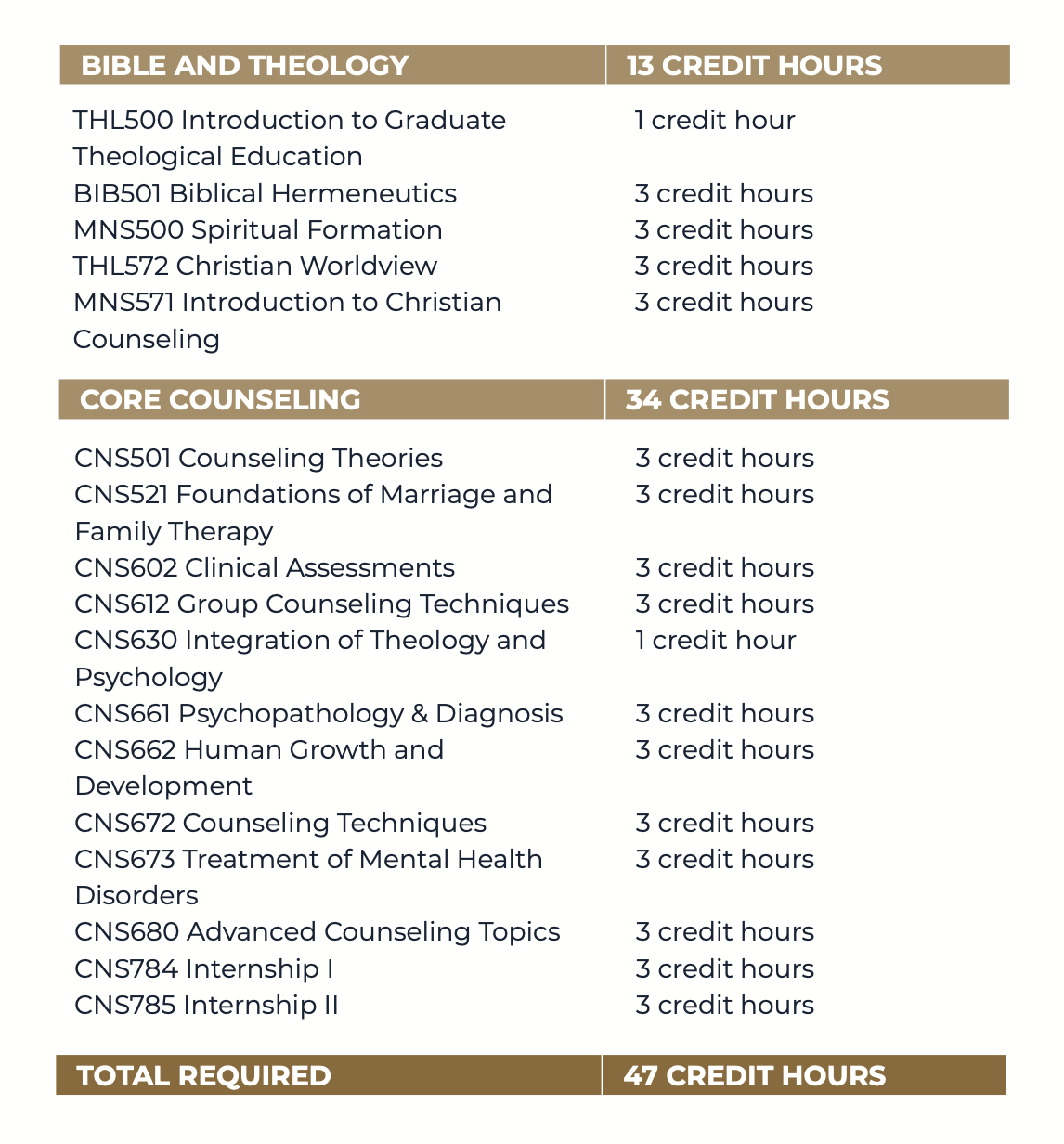
Learning Outcomes
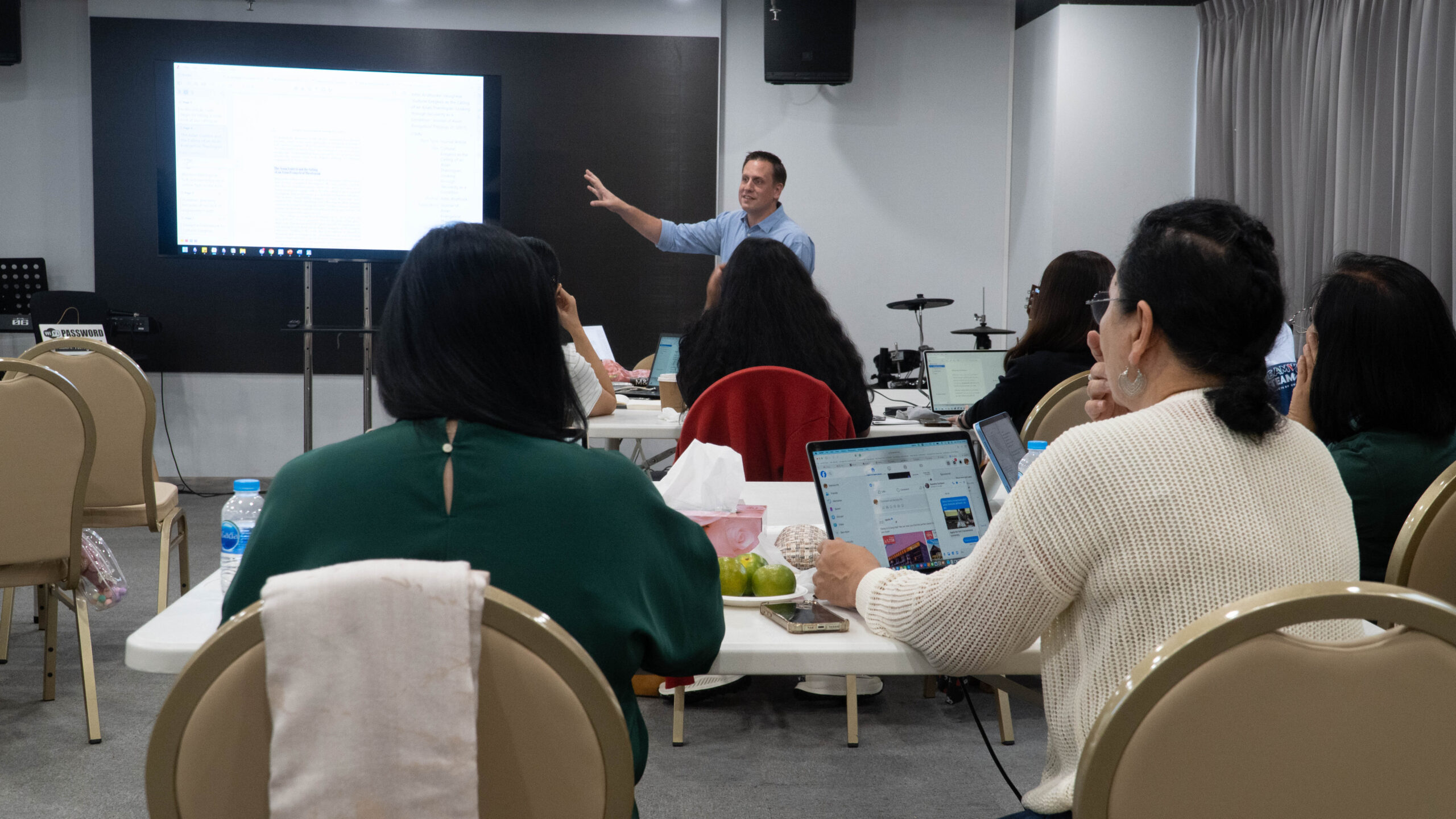
Counseling Competence
Demonstrate proficiency in applying evidence-based counseling techniques across diverse populations.
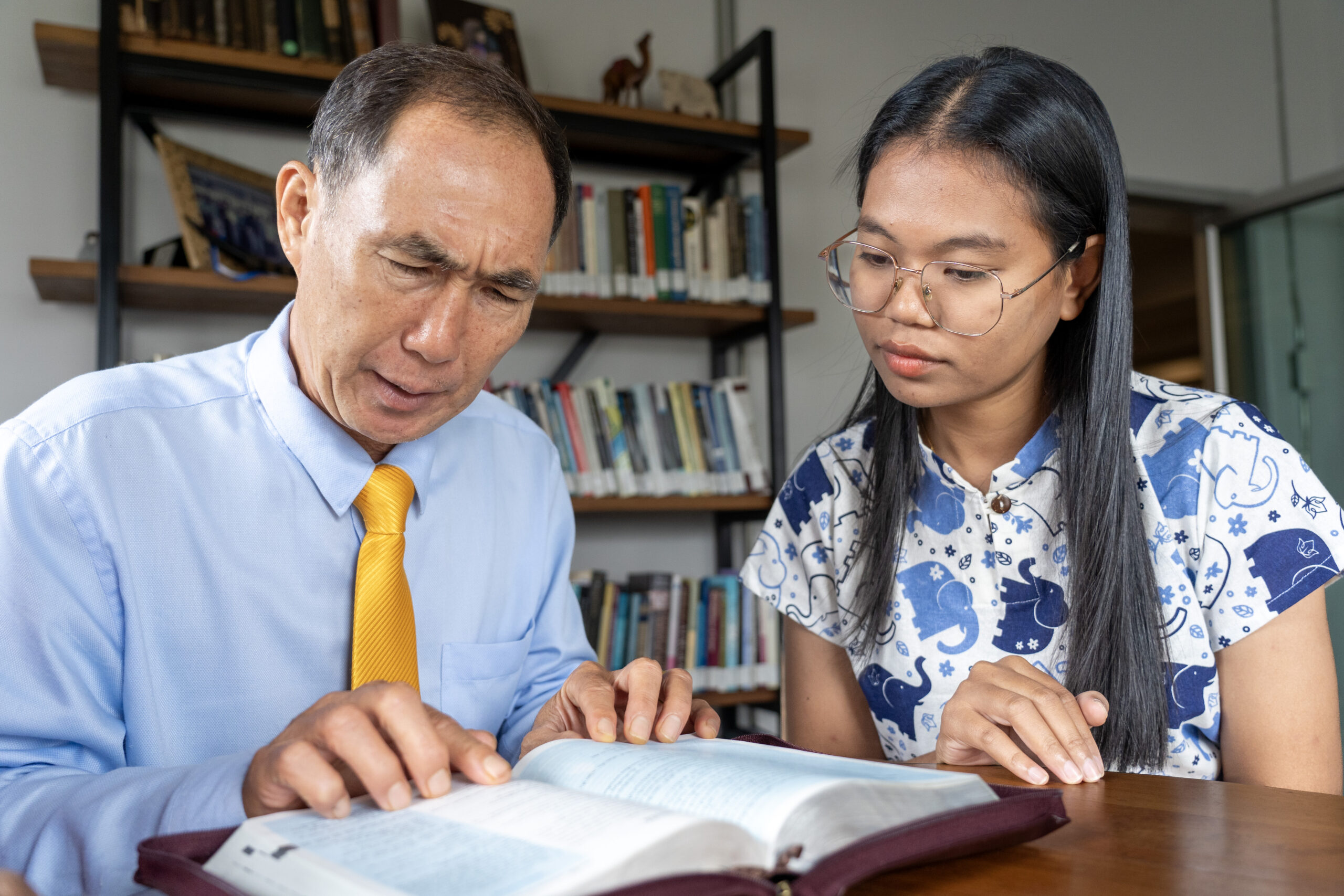
Personal and Professional Growth
Understand the value of reflective practice by demonstrating self-awareness and commitment to ongoing personal development.
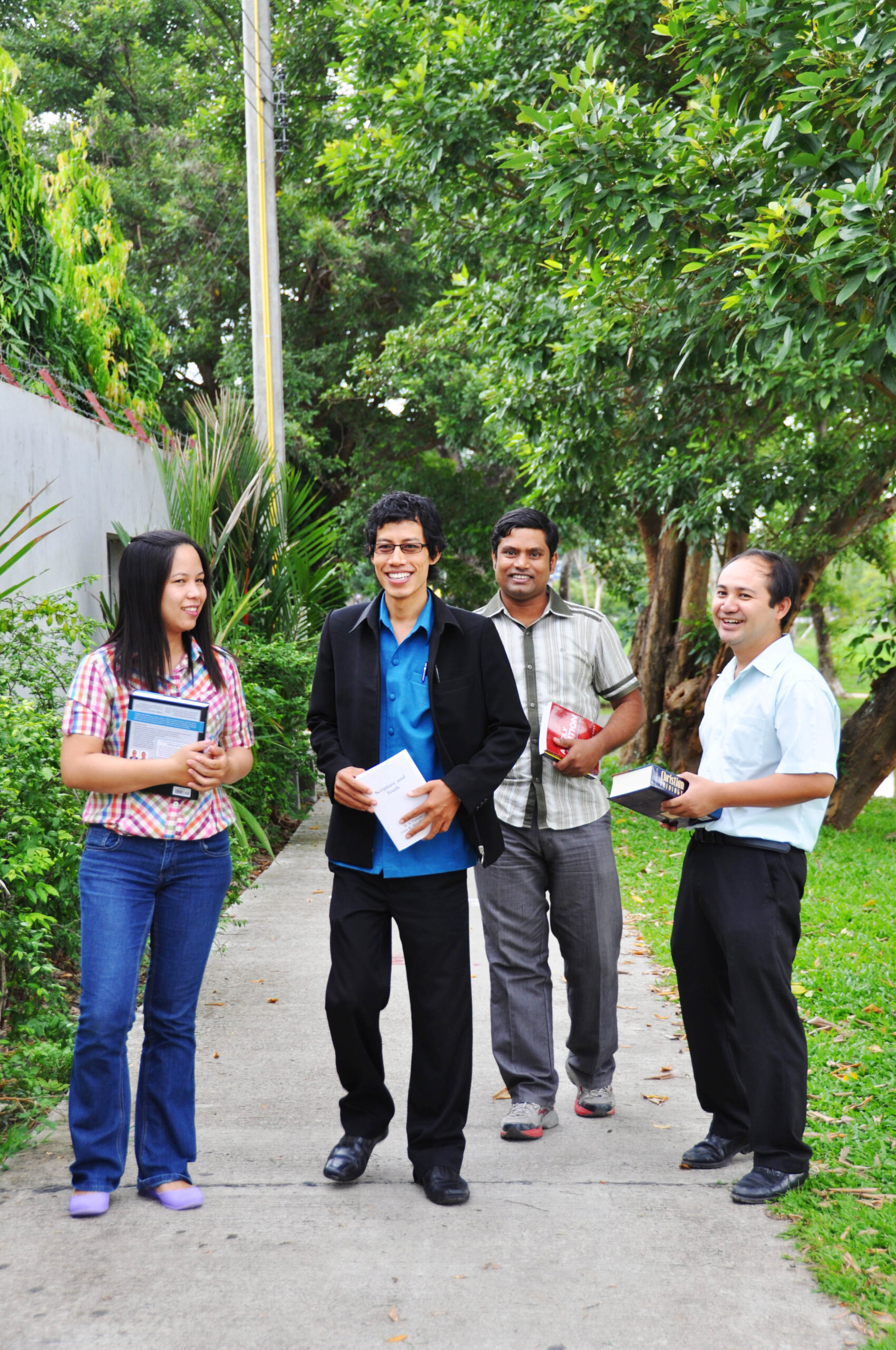
Effective Communication
Develop strong interpersonal communication skills to facilitate therapeutic relationships.
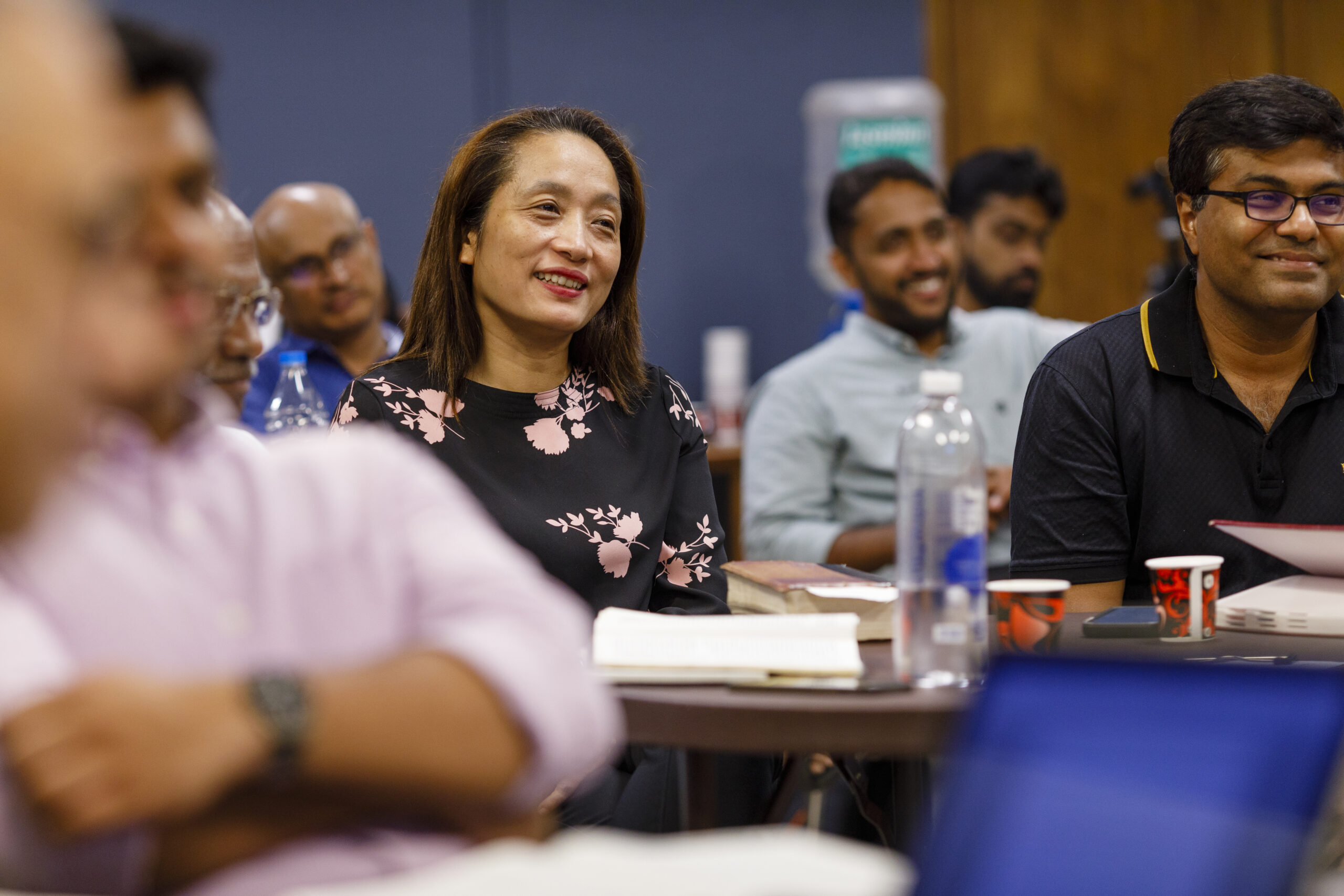
Ethical Practice
Adhere to the highest ethical standards in the counseling profession.
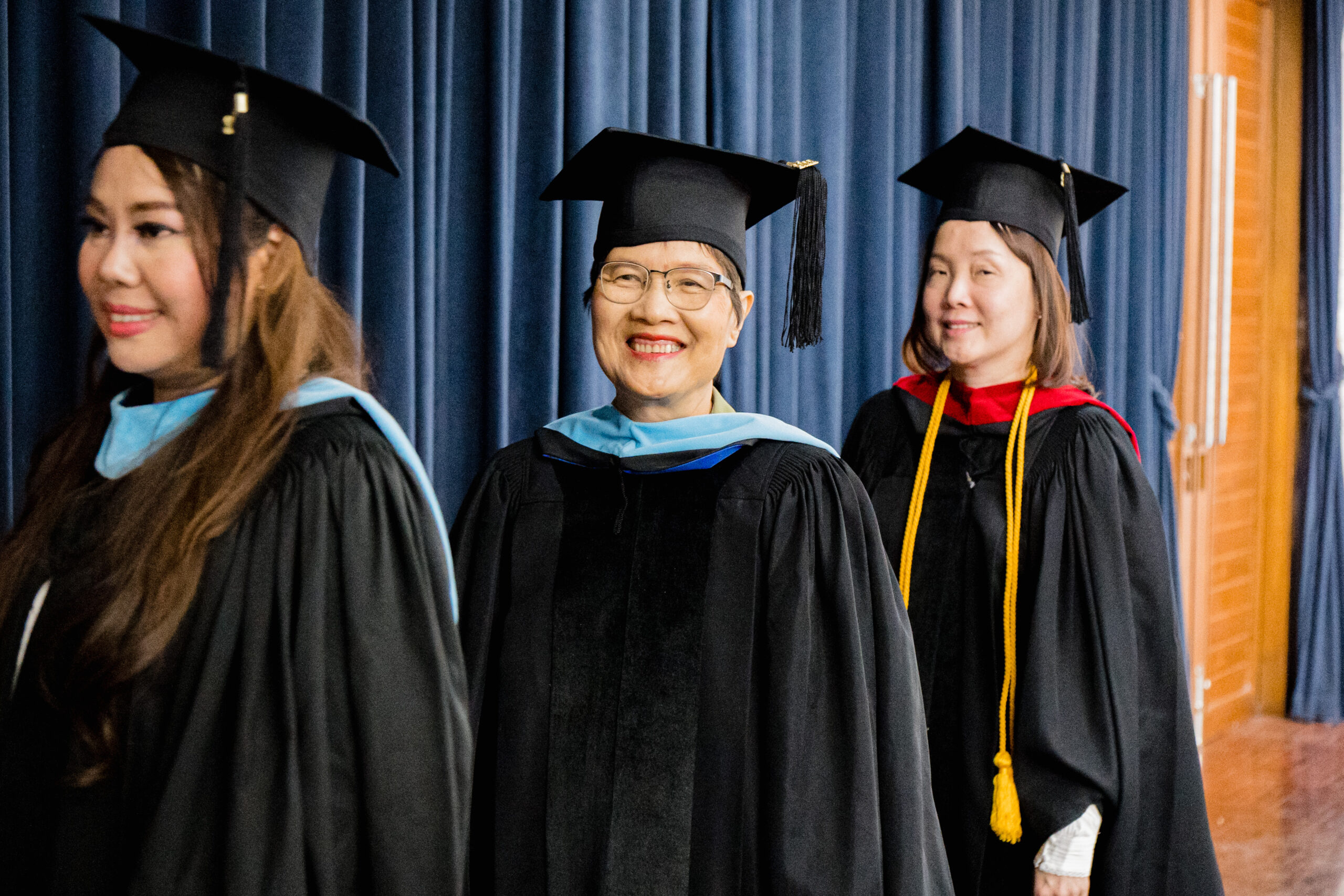
Integration of Faith and Counseling
Integrate Christian principles into contemporary counseling practice without compromising respect for diverse belief systems.
Program Highlights
Integrative Curriculum
Our program uniquely blends the latest research and practices from the biopsychosocial perspective with a solid foundation in Christian principles. Students will be exposed to contemporary counseling techniques, therapeutic approaches, and theoretical frameworks, all within the framework of Christian ethics and values.
Clinical Competence
Through a combination of coursework, supervised practicum experiences, and internship placements, students will develop the essential clinical skills necessary to work with individuals, families, and communities in various counseling settings. These settings may include churches, schools, healthcare institutions, and non-profit organizations.
Theological and Biblical Foundation
In addition to the clinical coursework, students will engage in rigorous theological and biblical studies. By deepening their understanding of the Christian faith they will be better equipped to address the spiritual dimension of human well-being.
Diversity within the Educational Experience
With an East meets West model of education, students will be challenged with ideas and concepts stemming from a variety of cultural perspectives. Students will be exposed to professors and thinking from a global perspective without leaving their eastern context or assuming universal cultural applicability.
Personal Growth and Reflection
Counseling is a deeply personal field, and self-awareness is key. Through reflection, supervision, and personal growth opportunities, students will gain insights into their own beliefs, biases, and values, allowing them to provide empathetic and non-judgmental care.
Ethical and Professional Standards
The program emphasizes the importance of ethical conduct and adherence to professional standards in the counseling field. Students will be well-versed in relevant ethical guidelines and practice.
Flexible Learning Environment
We offer a flexible learning environment that allows students to balance their studies with their personal and professional commitments. By offering courses in a hybrid and online format, the majority of students can complete the program without missing work or leaving their home community.
Broad Career Opportunities
Graduates of the Master of Arts in Counseling program will be prepared to pursue a wide range of counseling careers, including: Christian/Pastoral Counselor, Church Ministry, Clinical Counselor*, Marriage and Family Therapist*, School Counselor*, Social Worker*, Teacher, Community Health Worker, Management
